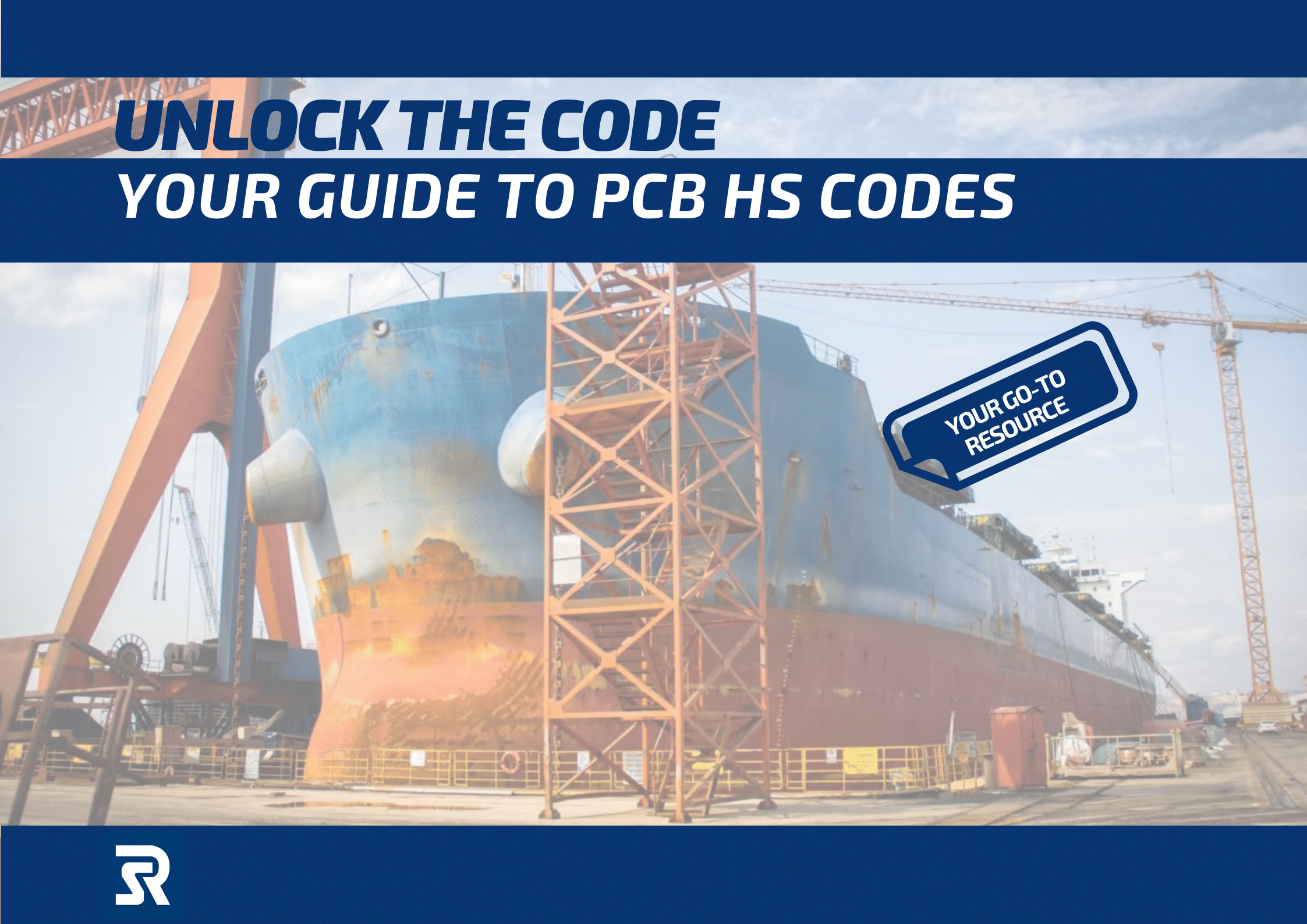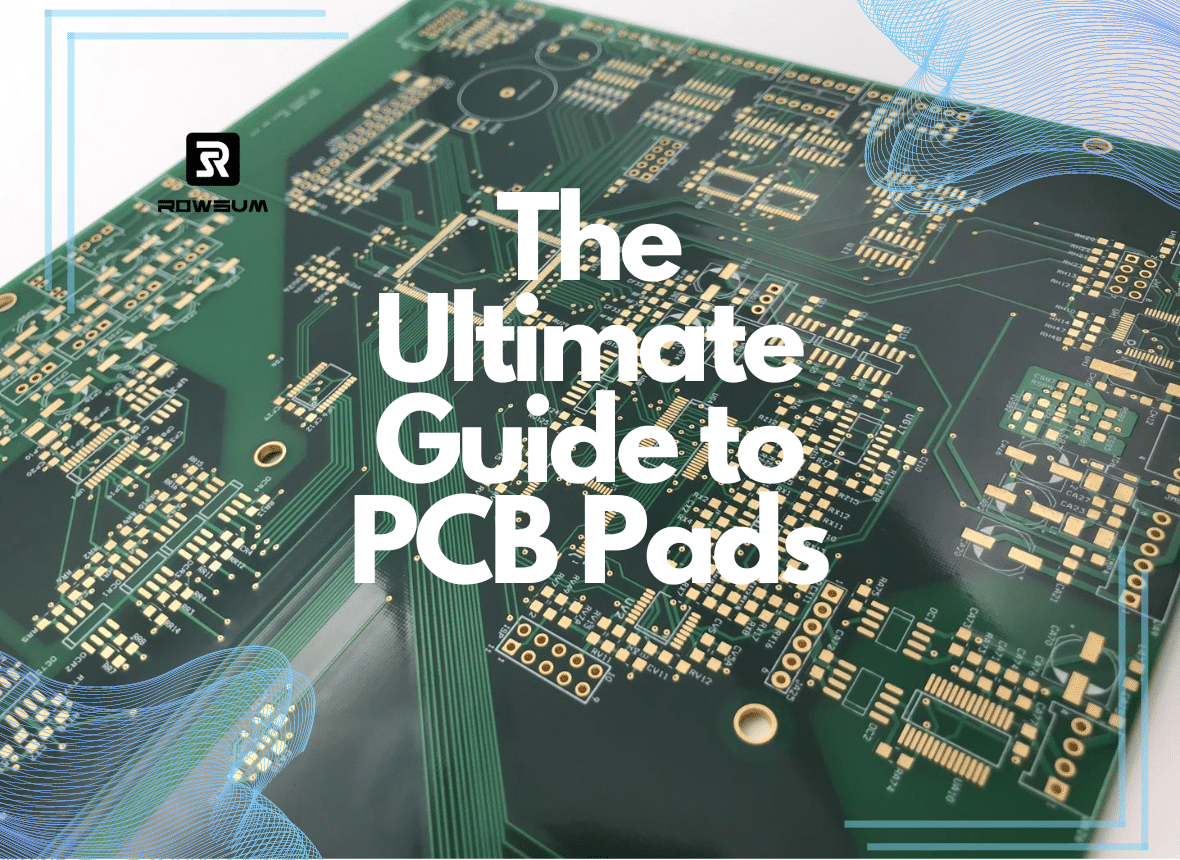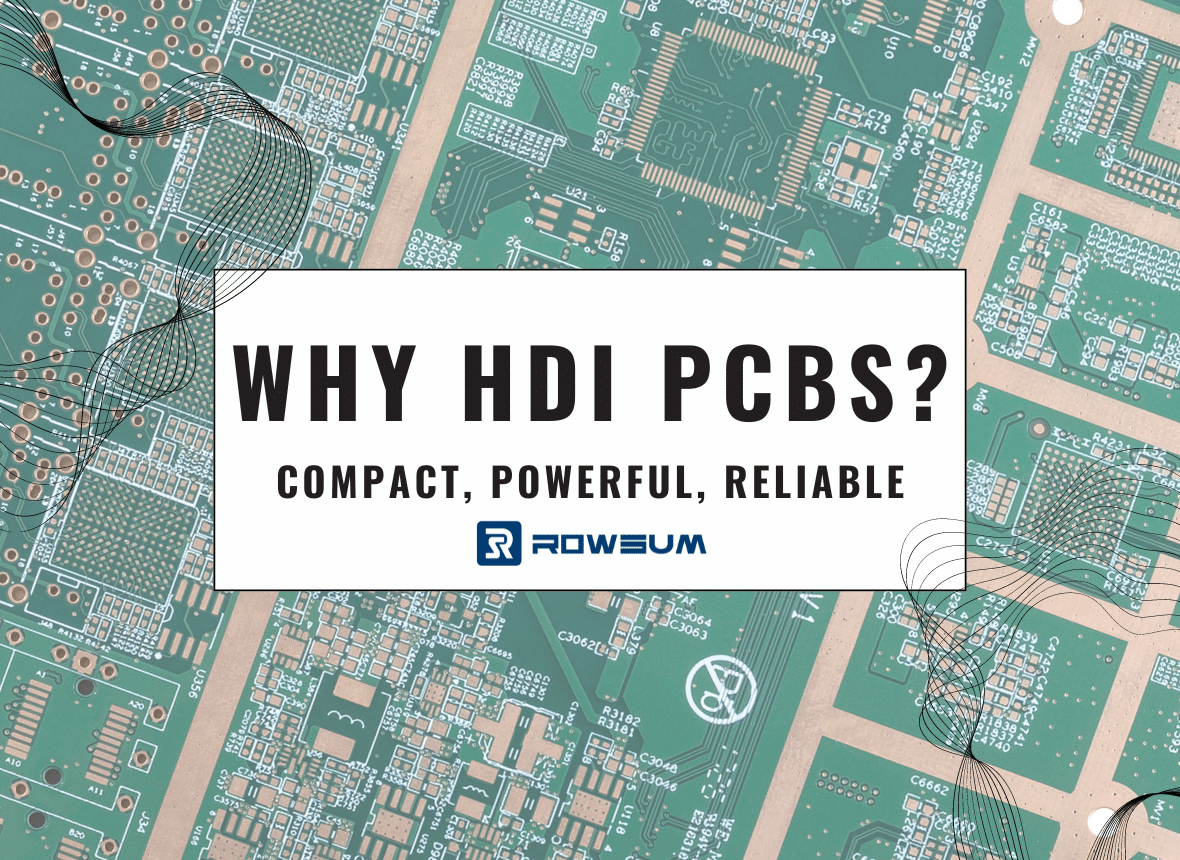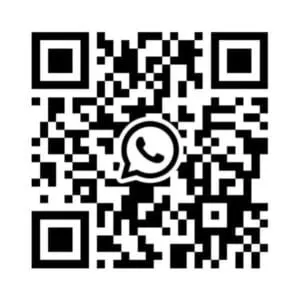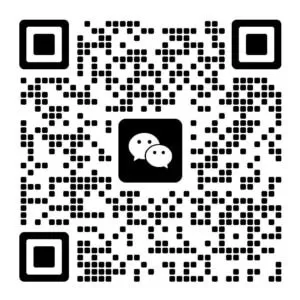Introduction
Have you ever found yourself overwhelmed by the myriad of HS Codes for PCB and PCBA while trying to navigate through customs? I recently had a similar experience while assisting a client with customs clearance. The client was frustrated because he couldn’t find a definitive PCBA HS Code on Google. There were just too many conflicting answers, adding to the complexity of import and export regulations. When I later searched for myself, I found he was absolutely right; the information available was all over the place. “Which one is the correct HS Code for PCB?” you might be wondering. “Which one is suitable for my specific international shipping needs?” Before this incident, I had never given much thought to this issue. We have standard HS Codes that we use in our company, and I assumed it would be easy for anyone to find this information. I realized that this is a common problem, and it prompted me to write this article to provide some clarity.
The answer is simpler than you might think. For most businesses dealing with Printed Circuit Boards (PCBs) and Printed Circuit Board Assemblies (PCBAs), the go-to HS Codes are as follows:
- PCB HS Code: 8534009000
- PCBA HS Code: 8538900000
- Stencil HS Code: 844250000
Why So Many Different Answers?
If you’ve ever tried to look up the HS Code for PCB or PCBA, you’ve likely encountered a confusing array of answers. One website says it’s one thing, another says it’s something entirely different. You’re not alone in this; even seasoned trade professionals sometimes find themselves scratching their heads. So, why does this happen?
The Complexity of Trade Regulations
Firstly, trade regulations are not universal. Different countries have their own sets of rules when it comes to import and export, and this extends to HS Codes. For example, the HS Code in China for a particular type of PCB may differ from the HS Code in the USA or the EU HS Code for PCB.
Industry-Specific Variations
Secondly, the PCB and PCBA industry is vast and varied. Different types of PCBs and PCBAs are used in different sectors, from consumer electronics to industrial machinery. This diversity often leads to industry-specific HS Codes, complicating the search for a one-size-fits-all answer.
Updates and Changes
Lastly, trade regulations and HS Codes are not static. They are subject to change due to various factors such as trade agreements, technological advancements, and shifts in international shipping norms. This fluidity adds another layer of complexity to finding the correct HS Code for shipping or customs clearance.
The Basics of HS Codes
Understanding the Harmonized System (HS) Codes is crucial for anyone involved in the import and export of goods, especially in specialized industries like PCB and PCBA manufacturing. But what exactly are HS Codes, and why are they so important?
What Are HS Codes?
HS Codes, or Harmonized System Codes, are a standardized system of names and numbers to classify traded products. Developed by the World Customs Organization (WCO), these codes are used by customs authorities around the world to identify products for the application of duties and taxes.
Why HS Codes Matter in PCB and PCBA Industry
In the PCB and PCBA industry, using the correct HS Code is not just a matter of legal compliance; it’s a strategic business decision with real financial implications. Whether you’re importing raw materials or exporting finished products, the HS Code you use can significantly impact your costs, lead times, and overall competitiveness.
The Financial Stakes of HS Codes: A Deep Dive for PCB and PCBA Manufacturers
Understanding HS Codes isn’t just a matter of ticking off a box on your shipping forms; it’s a critical business decision with tangible financial outcomes. Here’s why:
The Hidden Costs of Misclassification
Let’s say you’re importing a batch of 2-layer PCBs for a client’s project. You decide to classify them under HS Code 85340090, which is a general category for printed circuits. However, your PCBs have gold connectors, which should actually be classified under HS Code 85340010, attracting a lower duty. The result? You end up paying an extra 5% in import duties, which, for a $50,000 shipment, means $2,500 down the drain.
The Domino Effect on Your Supply Chain
Imagine your shipment of PCBAs is stuck at customs due to an HS Code discrepancy. This isn’t just a one-off cost. The delay affects your entire supply chain. Your assembly line is idle, employees are unproductive, and you’re paying extra for storage. The total cost could easily run into thousands of dollars, not to mention the potential loss of client trust.
The Double Whammy of Incorrect Re-Exports
You’ve imported single-sided PCBs under HS Code 85340090 and assembled them with local components. Now, you’re ready to export the finished PCBAs. If you didn’t initially use an HS Code that covers the assembled product, you’re looking at paying duties twice: once for the imported PCBs and once for the exported PCBAs. This could inflate your project costs by up to 15%, making your quote uncompetitive.
Navigating the Maze: Why So Many Different Answers?
Searching for the correct HS Code for PCB and PCBA can be a daunting task. The internet is flooded with various codes, each claiming to be the “right one.” This is a common issue that many businesses face, and it’s crucial to get it right.
The reason for the multitude of codes is that PCBs and PCBAs serve different functions in different types of machinery. Each function often has its own designated code.
Here’s a simplified guide to help you understand:
| HS Code | Applicable Usage |
|---|---|
| 8534009000 | Standard code for general PCBs and PCBAs. |
| 8473309000 | Specifically for PCBAs in computer parts. |
| 8473301000 | Used for PCBAs in data processing machines. |
| 8473302000 | Suitable for telecom equipment. |
| 8473308000 | For other types of machinery and equipment. |
| 8473303000 | Ideal for consumer electronics. |
| 8504906500 | For telecom parts. |
Recommendation:
If you’re uncertain, it’s safe to use 8534009000 for PCBs and 8538900000 for PCBAs. These are the codes that are widely accepted and have proven to be reliable.
By understanding the nuances of these codes, you can make more informed decisions, ensuring smoother customs clearance and avoiding unnecessary costs.
Conclusion
Navigating through the labyrinth of HS Codes can be a real headache, but you’re not alone in this. The key is to be as accurate as possible to avoid any hiccups during customs clearance. If you’re still scratching your head, don’t worry. We’ve been there, and we’re here to help. Feel free to drop us an email at [email protected] for any further questions or clarifications.

